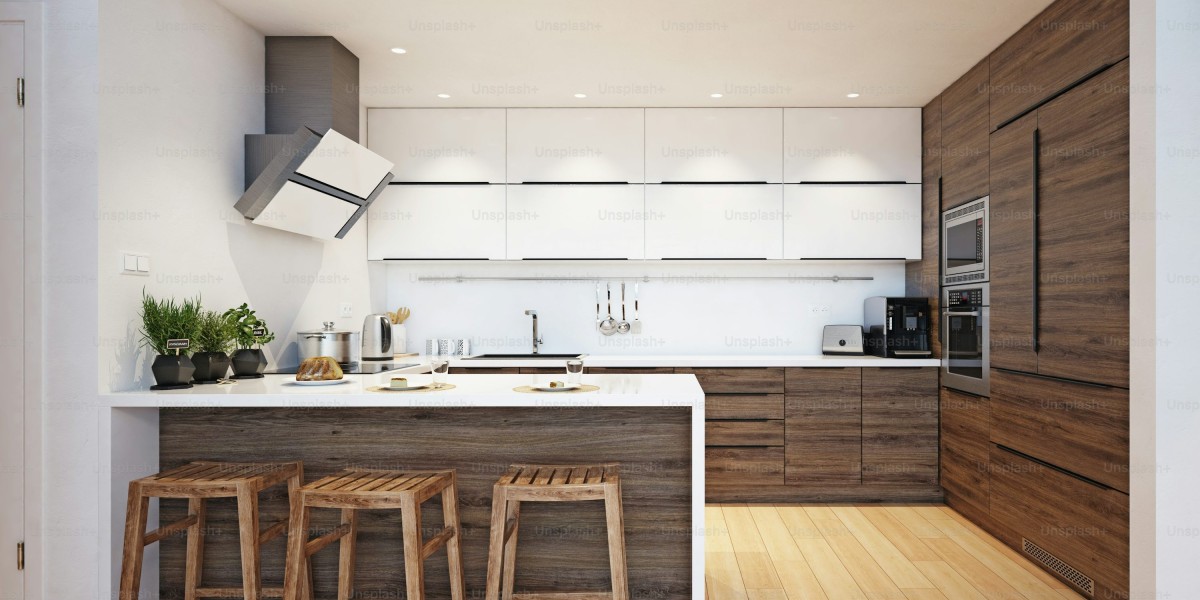Home renovations are an exciting opportunity to transform your living space, boost property value, and tailor your home to fit your lifestyle. Whether you're planning a full-scale remodel or focused improvements like window and door installation, understanding the legal framework surrounding renovations in the UAE is essential. Companies like Redo UAE are helping homeowners not just upgrade their homes, but also ensure every step complies with local laws and regulations.
Understanding UAE Property Laws
The UAE has a well-regulated real estate environment, but the laws around home renovations vary significantly depending on the emirate, the type of property (freehold vs. leasehold), and whether the property is part of a community or building managed by a homeowners’ association (HOA). Before starting any renovation, it’s critical to:
Check ownership status: Only property owners (or tenants with explicit permission) are allowed to apply for renovation permits.
Review community rules: Some developments, especially gated communities and high-rise buildings, have strict regulations on modifications that may alter the appearance or structure of the property.
Obtaining the Necessary Approvals
Any renovation—whether structural or cosmetic—typically requires approval from several bodies:
Municipality Approval: Each emirate (e.g., Dubai Municipality, Abu Dhabi Municipality) has its own building regulations and approval process. For major changes, you’ll need to submit architectural drawings, engineering plans, and contractor details.
Developer or HOA Consent: If your property is in a managed development, you must obtain a No Objection Certificate (NOC) from the developer or HOA before proceeding. This NOC confirms the work aligns with community standards and doesn’t negatively affect other residents.
Civil Defense & Utility Approvals: If your renovation involves electrical, plumbing, or fire safety systems, additional permits from Civil Defense or DEWA (in Dubai) may be required.
Hiring Licensed Contractors
One of the most important legal requirements in the UAE is to use only licensed contractors for any form of renovation work. Hiring unlicensed professionals can lead to:
Fines or stop-work orders from the municipality
Legal liability for injuries or damages
Voiding of insurance coverage
Companies like rdeo work with certified professionals to ensure all installations and renovations—including specialized work like window and door installation—meet municipal standards and safety codes.
Permitted vs. Non-Permitted Renovations
Not all renovations need formal permits, but it’s essential to know the distinction:
Permitted Renovations: Structural changes, adding rooms, modifying walls, upgrading plumbing/electrical systems.
Non-Permitted Renovations: Painting, minor interior design changes, furniture upgrades—though some communities still require notification.
Consequences of Non-Compliance
Undertaking home renovations without following the proper legal steps can lead to:
Heavy fines (up to AED 50,000 in some emirates)
Forced removal of unapproved work
Delays in future property sales or disputes during tenancy
In some cases, unauthorized changes may also lead to disputes with neighbors or HOA bodies, especially if noise, dust, or safety are compromised.
Insurance & Liability Considerations
Before starting renovations, inform your home insurance provider. Renovation work can affect coverage terms, especially if it involves changes to the structure, electricals, or plumbing.
Additionally, always ensure that contractors carry liability insurance to protect both your property and their workers during the project.
Final Inspections and Completion Certificates
Once renovations are complete, a final inspection by municipal authorities may be required. For major works, a completion certificate will be issued, certifying that the renovations comply with safety, structural, and zoning requirements.
This certificate can be essential when:
Renting or selling the property
Applying for further permits
Disputing claims or issues with contractors
Conclusion
Home renovations in the UAE offer endless possibilities—but only if done legally and responsibly. By understanding the legal framework, obtaining the proper approvals, and working with licensed professionals like rdeo, homeowners can upgrade their spaces with peace of mind. Whether you're refreshing your interiors or investing in essential upgrades like window and door installation, always make compliance a top priority. A smooth renovation journey starts with the right knowledge and the right partners.








